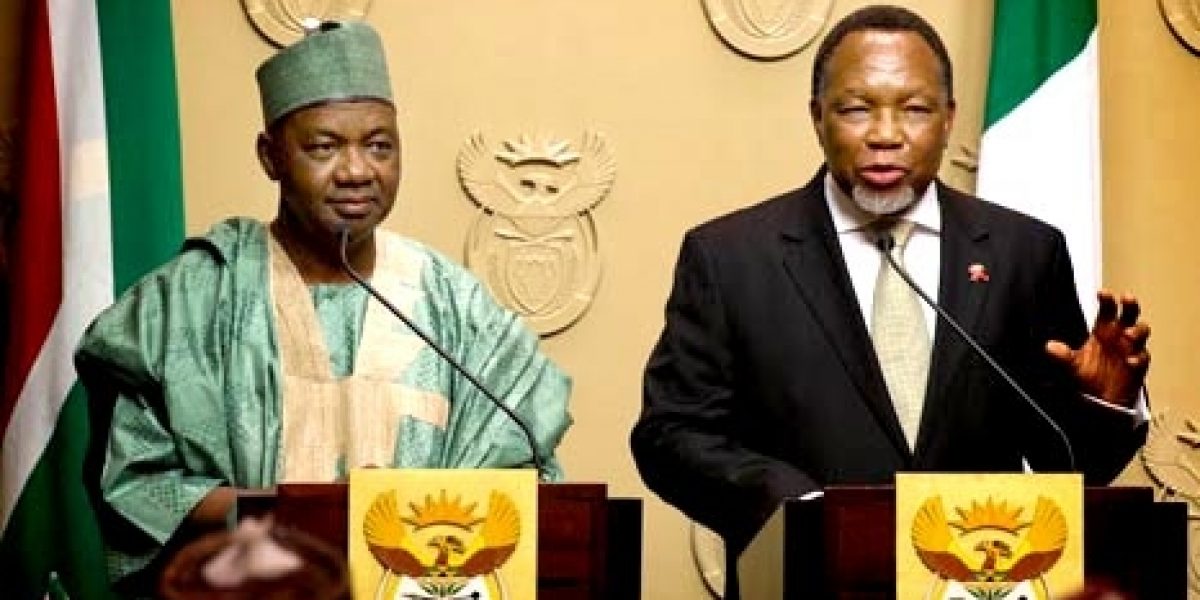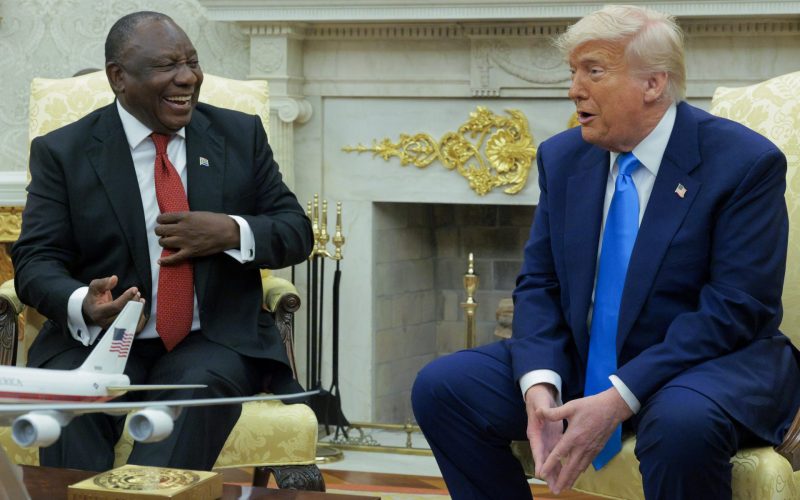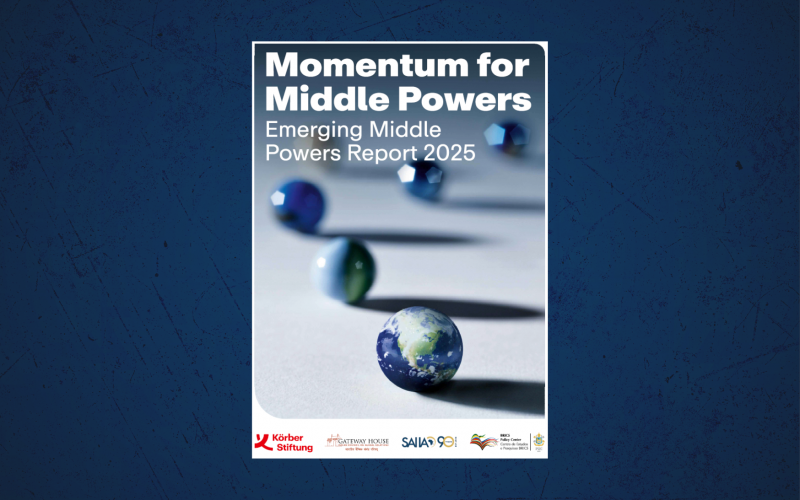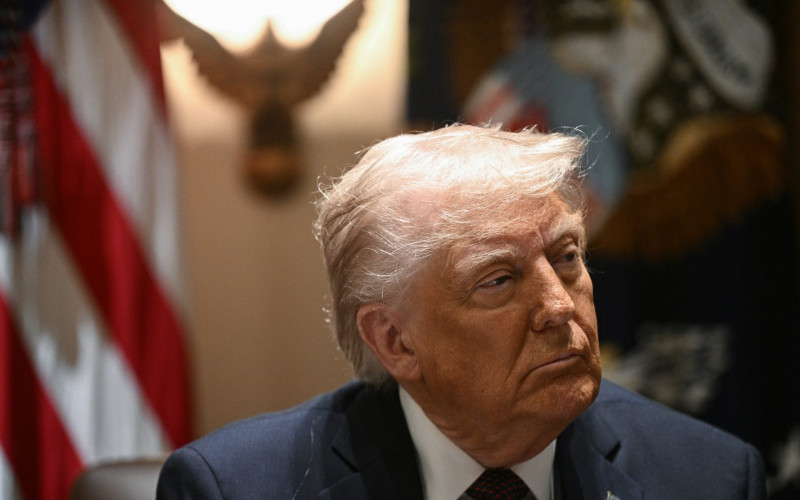Nonetheless, the relationship has also sometimes been poorly managed, as was illustrated earlier this year by the diplomatic spat over the deportations that occurred in March 2012. While the matter was resolved between the governments’ relevant departments, this instance of public acrimony begs the question whether it is symptomatic of deeper concerns existent in the bilateral relationship.
Ironically, Nigeria and South Africa have much in common, from their global aspirations and regional dominance to their domestic challenges – thus all the more reason to collaborate more closely. Both countries share similar internal challenges in consolidating their democracies and in closing poverty gaps brought about respectively by decades of apartheid and military rule. They also remain deeply divided societies with South Africa being polarised along race and class, and Nigeria along ethnic and religious fault lines. In both instances, these divisions have led to violent protests in recent times.
The two countries also exert considerable power within their own regions. While some claim that South Africa enjoys greater global prestige and presence, the events surrounding the African Union (AU) vote for the Chair of the Commission illustrated the considerable influence of Nigeria on the continent. With this shared context, it stands to reason that much mutual benefit can arise from closer collaboration between these two countries building on their respective strengths.
Nigeria has emerged as one of South Africa’s key trading partners on the continent, and indeed the same holds true for South Africa’s importance to Nigeria in this regard. According to South Africa’s Department of Trade and Industry, in the period between 1999 and 2008 total trade between the countries grew from R 174 million to R 22.8 billion; to account for nearly a quarter of South Africa’s total trade on the continent in 2008. South African exports to Nigeria climbed from R 505 million to R 7.1 billion, while Nigerian exports to South Africa rose to R 15.7 billion from R 123.6 million in the same period. South African exports to Nigeria mainly consist of vehicles, aircraft and vessels; foodstuffs; chemical products; wood pulp; machinery and equipment, while South Africa’s imports from Nigeria include mineral products; plastic products; machinery and equipment; footwear, headgear and umbrellas.
Despite the positive growth in the bilateral trading relationship, differences between Nigeria and South Africa are visible at a regional level. They responded to the 2010 electoral crisis in Côte d’Ivoire with different tacks thereby creating tensions in the AU Peace and Security Council. They were also unable to reach consensus on Libya. The question of the Chairmanship of the AU Commission seems to accentuate existing differences.
The deferred election of the AU Commission chair, scheduled to be finalised this week during the AU Summit could be a thermostat reading of the temperature in bilateral relations. The question lingers whether a quid pro quo approach will secure Nigeria’s support for Nkosazana DlaminiZuma’s bid for the chairmanship given that South Africa endorsed Ngozi Okonjo-Iweala to head the World Bank.
However, the outcome of South Africa’s bid need not be the only portend of the future relationship between the two. Closer strategic relations are not only possible, but also desirable, especially when considering how closer cooperation at a bilateral level could be harnessed to create public goods at a regional level.
The relationship under the leadership of Obasanjo and Mbeki is a useful departure point. Not only did the two countries spearhead peacekeeping missions on the continent but they also led developments in revamping continental institutions. In addition, they collectively advocated for greater socio-economic development (through NEPAD) under the rubric of the “African Renaissance”. These successes have been largely attributed to the personal relationship between these two heads of state, dating back to the 1970s. This indicates that there is significant potential for greater strategic collaboration between Nigeria and South Africa. But the need to institutionalise the relationship to enable mutually beneficial outcomes beyond the personalities of those in power is urgent.
It was hoped that the establishment of a Bilateral National Commission (BNC) in 1999 would be a conducive vehicle to build a bilateral relationship that is defined by greater institutionalised cooperation on regional and global concerns. However, the lack of progress in recent times illustrates that moving the relationship to higher ground is indeed a challenging endeavour, requiring greater political will by both parties. Nonetheless, positive steps have been seen in the last few months, with the first BNC in four years being hosted in Cape Town on 22-23 May 2012. This has allowed for more extensive engagement between South African Deputy President Kgalema Motlanthe and his counterpart, Mohammed Namadi Sambo.
The relative importance of these two states to one another and to the continent means that both will benefit from closer cooperation on issues of bilateral, regional and global concern through more frequent high-level interaction using platforms such as the BNC. In fact, improved relations between the countries bode well for the continent and would strengthen Africa’s voice on the international stage.






